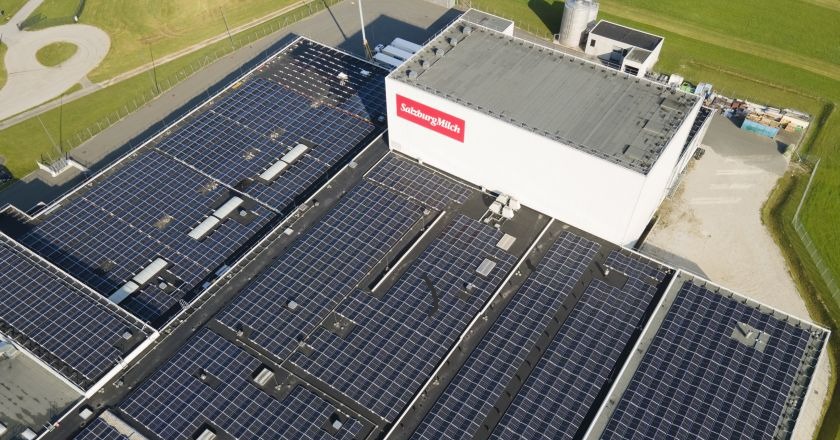Natural gas consumption in the food industry is not decreasing. A long payback period and the capacity of the grids limit the scope for radical sustainability measures by companies. ING Research nevertheless sees many opportunities to improve the sustainability of the industry.
Almost 75% of the energy needed in the food industry comes from natural gas. Despite the sharp rise in energy prices, gas consumption in the sector has not declined. CBS figures show that natural gas consumption in 2023 will be at the same level as in previous years. The possibilities to use less gas in the short term seem to be limited. Demand for food is constant, investments in energy saving measures take time to implement and companies are struggling to electrify production processes.
The technology to make production processes in the food industry more sustainable is often available, but companies still face a number of obstacles. The scale of investment required and grid congestion are the most important of these. In many places, opportunities for stronger electricity connections are limited, stalling the electrification of production processes. Moreover, companies prefer investments that pay off within a few years, while the payback period for sustainability investments is often longer.
Calculations by ING Research show that higher energy prices and planned increases in gas taxation mean that food companies will spend more on energy by 2030 than they did before 2022. Investments in procurement or replacement of machinery and equipment, expansion of production processes, and new construction and renovation of buildings will lead to savings, as each new machine and plant is more economical and efficient than its predecessor.
However, it is of great importance for the speed of the energy turnaround whether a new industrial steam boiler or furnace is powered by gas or electricity. This decision will also depend heavily on future legal obligations and the availability of subsidies. In current practice, there are hardly any projects in the food industry with solar collectors, heat pumps or electric boilers that can be realised without subsidies.
Photo: SalzburgMilch



